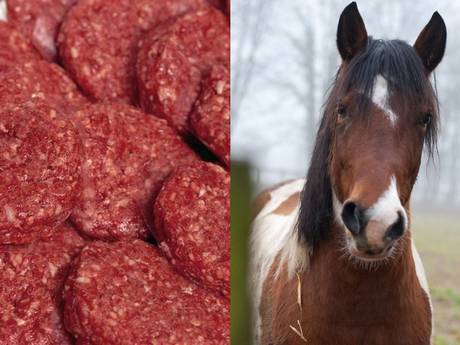The “horse meat scandal” hit the headlines back in January when the food standards agency (FSA) in Ireland found beef burgers being supplied to supermarkets in the UK, had traces of horse DNA. This led to nationwide testing of products, and a range of processed beef products being taken off the shelves. As of the end of March, the FSA said 5,430 tests had been carried out in the UK, with 17 different products including Findus beef lasagne testing positive.

So how do we test for horse meat? One of the most reliable tests is called “PCR”. In PCR specific short pieces of horse DNA are used to bind to and detect any horse DNA in the product being tested. The test makes copies of the horse DNA found and these can then be counted in real time as they are produced a percentage calculated. Here the DNA is being used as the biomarker.
Horse meat itself is not a risk to humans, and is in fact sometimes on the menu in countries! However, if horse is being illegally put into food products, it may contain banned substances such as bute, a horse drug which can be harmful to humans (but only if we eat a lot!). It has made a lot of people worry about what is actually in their food and whether they can trust the label!
Wikipedia article:
http://en.wikipedia.org/wiki/2013_meat_adulteration_scandal
Dicsussion Points: The horsemeat issue is another use of biomarkers. Not only are they used in diagnosis, we exploit them in food quality tests and other areas. Can you think of anywhere else testing for a biomarker would be useful?
